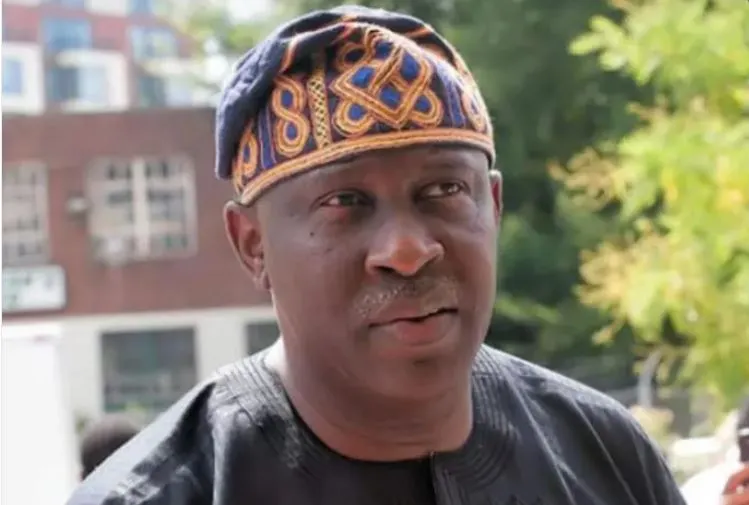Religious Leaders Not Subordinate to Traditional Rulers: Group Disagrees with Soun on Chieftaincy Laws.
In Ogbomoso, the Ogbomoso Muslim Youth Forum (OMYF) contested the notion that religious leaders fall under the authority of traditional rulers according to Oyo State’s chieftaincy law. This statement came in response to a query from the Soun of Ogbomoso, Oba Afolabi Ghandi Olaoye, questioning Chief Imam Sheik Teliat Yunus Ayilara for traveling to Saudi Arabia without informing him.
Key Points:
- Dispute on Authority:
- The OMYF, led by Alhaji Ishaq AbdurRaheem, clarified that the chieftaincy law does not classify religious leaders as minor chiefs under traditional rulers.
- They emphasized that the Chief Imam was appointed by a Shura committee based on Islamic law, not by the Soun.
- Ownership of Mosques:
- The Muslim community, not the Soun or the palace, is the custodian of the Central Mosque in Ogbomoso.
- Islamic jurisprudence dictates that the Muslim community owns mosques.
- Call for Status Quo:
- The OMYF urged the Soun to respect the court’s order to maintain the status quo pending the resolution of ongoing legal suits.
- Press Conference Response:
- The OMYF criticized a recent press conference by a coalition claiming to represent Islamic leaders in Ogbomoso, accusing them of misrepresenting facts and sowing discord.
- They highlighted historical cooperation between traditional rulers and Islamic clerics, noting that past Souns respected the boundaries between their roles.
- Legal Clarification Sought:
- The OMYF has taken the matter to the Oyo State High Court to clarify the Chief and Customary Laws of Oyo State regarding the authority over religious leaders.
- Community Unity:
- The OMYF called for unity within the Muslim community and urged the Soun to engage with genuine community leaders.
In summary, the OMYF disputes the Soun’s authority over religious leaders, citing Islamic law and historical precedent. They call for adherence to court orders and greater respect for the established roles and boundaries between traditional and religious leaders.
Share News with us via WhatsApp: 08163658925 or Email: naijaeyes1@gmail.com
Join Our Social Media Channels:
WhatsApp: NaijaEyes
Facebook: NaijaEyes
Twitter: NaijaEyes
Instagram: NaijaEyes
TikTok: NaijaEyes







































